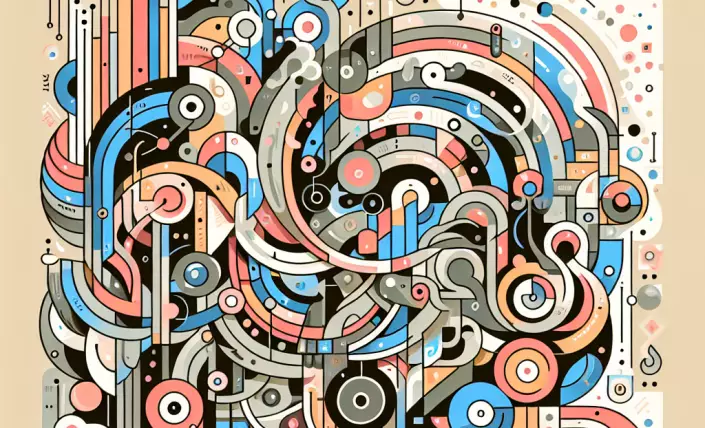Navigating the corridors of power has always been a complex endeavor, where morality often plays second fiddle to political expediency. This reality, which Niccolò Machiavelli so astutely observed in his seminal work, The Prince, continues to hold sway over political strategies today. At the heart of Machiavellian philosophy lies the notion that the ends justify the means, a concept that, while contentious, sheds a revealing light on the nature of human ambition and governance.
Machiavelli's insights into power dynamics challenge the conventional wisdom that rulers should be paragons of virtue. Instead, he posits that a leader's primary obligation is to maintain stability and control, even if it requires actions that might be deemed unethical in other contexts. This pragmatic approach to governance encourages us to question the role of morality in politics. Is the pursuit of power inherently devoid of ethical considerations, or is it merely a reflection of the complex human condition?
By examining the interplay between power and morality, we can better understand the motivations of those in positions of authority. Machiavelli's philosophy suggests that the effectiveness of a ruler is often judged not by their adherence to moral principles, but by their ability to achieve and maintain power. This perspective invites us to consider the broader implications of prioritizing efficacy over ethics. In a world where political landscapes are ever-shifting, the question remains: should leaders be guided by moral compass or pragmatic considerations? Machiavelli's work does not provide definitive answers, but it compels us to reflect on the delicate balance between power and ethics in our own lives.










